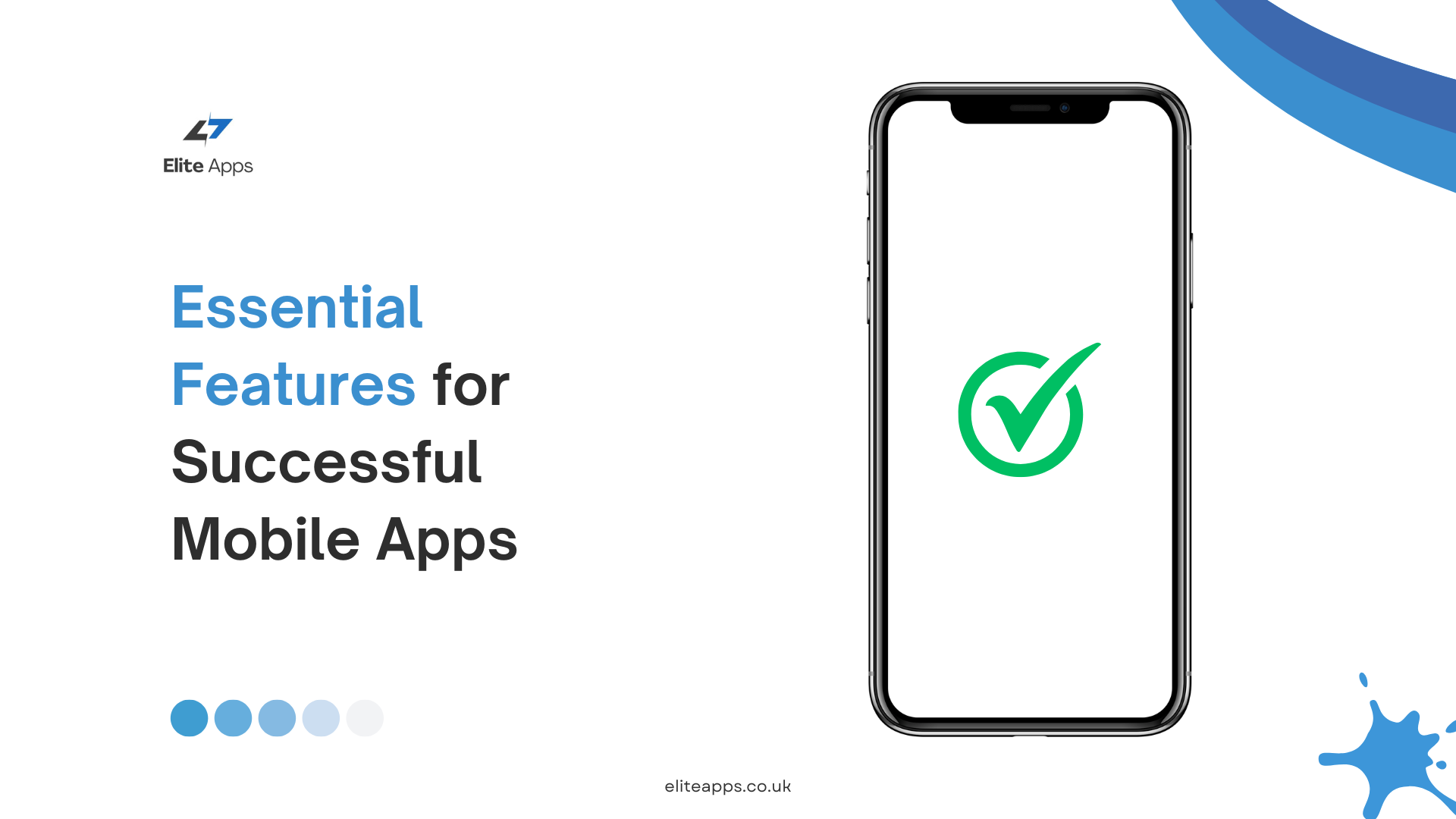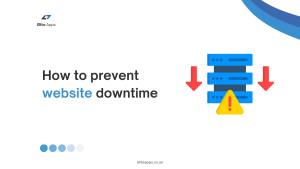In today’s highly competitive mobile app market, having a great idea is only the beginning. To build a successful app, you need to offer features that not only meet user needs but also enhance the overall experience. Whether you are developing a new app or improving an existing one, focusing on key features can make the difference between success and failure.
In this blog, we’ll explore the essential features every successful mobile app should have to ensure user satisfaction, retention, and growth.
1. User-Friendly Interface (UI/UX)
The first and most critical feature of a successful mobile app is a clean, intuitive, and user-friendly interface. Users should be able to navigate the app effortlessly without needing a tutorial. A well-designed UI/UX keeps users engaged and encourages them to return.
Key UI/UX Elements:
- Simple navigation: Clear menus and buttons for seamless movement within the app.
- Responsive design: Ensure the app works well on various screen sizes and devices.
- Consistent design: Maintain consistent colors, fonts, and layouts across all app sections.
A focus on UI/UX design best practices ensures a smooth and enjoyable user experience.
2. Fast Loading Speed and Performance
No user enjoys waiting for an app to load. In fact, studies show that slow apps are quickly abandoned. Ensuring that your app runs smoothly with fast loading times is crucial to keeping users engaged.
Key Performance Aspects:
- Optimize images and content: Compress large files to ensure fast loading without compromising quality.
- Reduce battery consumption: An app that drains a user’s battery too quickly is likely to be uninstalled.
- Minimize crashes and bugs: Regular testing and updates to fix issues will help maintain app stability.
A well-optimized app with minimal lag can significantly enhance user satisfaction.
3. Offline Functionality
While mobile apps are often used with internet connectivity, many users still expect certain features to work offline. Providing offline functionality allows users to access and use your app even without a data connection, improving their overall experience.
Key Benefits of Offline Access:
- Enhanced accessibility: Users can access crucial features or content even when they don’t have internet.
- Improved user retention: Apps with offline functionality are more likely to be used consistently.
Consider incorporating offline features for users on the go or in areas with poor connectivity.
4. Security Features
Security is an essential feature in mobile apps, especially as users become more concerned about data privacy. Whether your app handles sensitive data like personal information, payments, or location tracking, incorporating robust security measures is critical.
Key Security Features:
- Data encryption: Encrypt user data to protect it from unauthorized access.
- Two-factor authentication (2FA): Add an extra layer of security for user accounts.
- Regular security updates: Regularly patch vulnerabilities and improve app security features.
Prioritizing mobile app security will build trust with your users and protect their sensitive information.
5. Personalization Options
Users love apps that cater to their individual preferences. Offering personalized experiences not only boosts engagement but also makes your app stand out in a crowded market.
Personalization Features:
- Customizable settings: Allow users to modify their preferences, such as themes, notifications, and layout.
- Personalized content: Tailor recommendations or content based on user behavior, location, or preferences.
By integrating personalization strategies, you can provide a more engaging and relevant user experience.
6. Push Notifications
Push notifications are a powerful tool to keep users informed and engaged. However, they must be used strategically to avoid annoying users with too many alerts. Relevant, timely, and valuable notifications can help drive engagement and retention.
Best Practices for Push Notifications:
- Personalization: Tailor notifications based on user interests or activity.
- Timing: Send notifications at appropriate times to avoid disrupting users.
- Opt-in/Opt-out options: Give users control over the types of notifications they receive.
Use push notifications effectively to keep users coming back without overwhelming them.
7. Social Integration
In today’s connected world, social integration is a must for any mobile app. Allowing users to share content, achievements, or app experiences on their social media platforms can increase your app’s visibility and user engagement.
Social Integration Features:
- Social media login: Enable users to sign in with their social media accounts for a quick and easy onboarding process.
- Content sharing: Let users share their app activities, photos, or videos directly to social media.
- Invite friends: Allow users to invite their friends to use the app.
Incorporating social features can help promote your app and foster a sense of community among users.
8. In-App Search Functionality
As apps grow in complexity, it becomes essential to include a search feature. Users want to quickly find specific content, products, or features without scrolling endlessly through the app.
Benefits of In-App Search:
- Improves navigation: Allows users to locate information easily.
- Enhances user experience: Users can quickly find what they need, improving satisfaction and engagement.
By including a robust in-app search function, you can make your app more user-friendly and efficient.
9. Analytics and Tracking
For your app to continuously improve, it’s crucial to monitor how users are interacting with it. In-app analytics give you insights into user behavior, preferences, and pain points, enabling you to make data-driven improvements.
Important Metrics to Track:
- User engagement: Track how often users interact with specific features.
- Retention rates: Analyze which features keep users coming back.
- Conversion rates: Measure how well your app converts visitors into active users or customers.
By integrating analytics tools, you can optimize your app based on real user data.
10. Regular Updates and Improvements
The mobile app landscape is constantly changing, and successful apps need to evolve along with it. Regular updates not only help to keep your app fresh and functional but also demonstrate to users that you’re committed to improving their experience.
Key Aspects of Regular Updates:
- Bug fixes: Address issues reported by users or discovered through testing.
- New features: Introduce new features based on user feedback and market trends.
- Performance improvements: Optimize the app for faster and smoother operation.
Staying on top of app maintenance and updates is key to ensuring long-term success.
Conclusion
Building a successful mobile app requires more than just a great idea—it demands attention to user needs and the inclusion of essential features that enhance the user experience. From a seamless UI/UX design and fast performance to personalization, security, and regular updates, these features will help you create an app that users love and want to keep using. By incorporating these essential features, you’ll be on the right path to ensuring your mobile app’s success in an increasingly competitive market.








